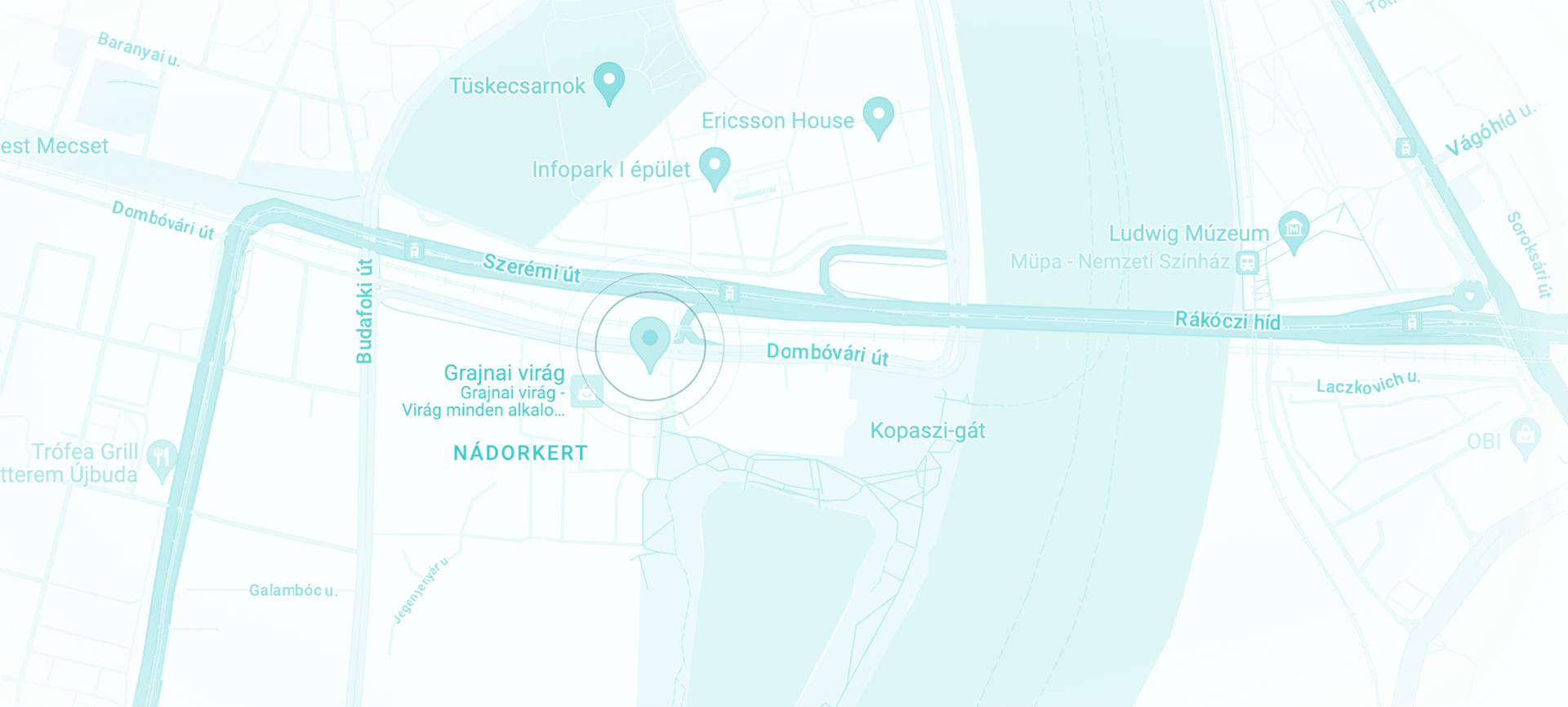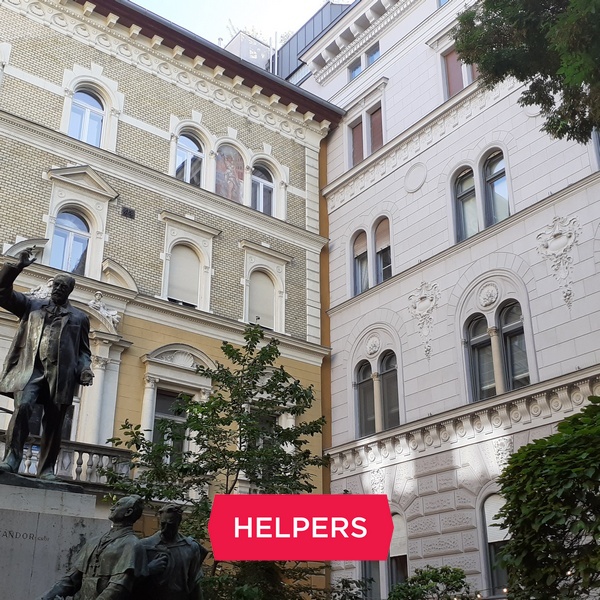
New proposal to attract third-country talent and skills to the EU
Recently the European Commission has proposed an update to EU migration policy. The revision of the Single Permit and the Long Term Residents directives aims to make moving to the EU more attractive to third-country talent as well as streamline legal migration.
Recently the European Commission has proposed an update to EU migration policy. The revision of the Single Permit and the Long Term Residents directives aims to make moving to the EU more attractive to third-country talent as well as streamline legal migration.
EU migration policy
A well-thought-out migration policy can tackle several issues simultaneously. With its latest proposal, the European Commission aims to address persisting challenges such as the EU’s labor market shortages, the recovery of the economy in the aftermath of the COVID-19 pandemic, the labor market integration of people fleeing Russia as well as Ukraine because of the war, and the EU’s transition to a greener and digital economy. In line with these goals, the new proposal contains deliverables for the EU’s comprehensive approach under the New Pact on Migration and Asylum.
Currently about 2.25 to 3 million non-EU nationals come to Europe every year through legal channels, while there are 125,000 to 200,000 irregular arrivals. Since the EU labor market does need more workforce to immigrate, the way to crack down on irregular immigration is not to increase border patrol, but to streamline and simplify existing procedures of legal immigration, making the EU more approachable as well as more attractive.
Reducing irregular migration by the improvement of legal channels
Legal migration creates a win-win situation as it gives those who wish to migrate an opportunity to improve their situation while providing workers for the host countries, boosting the economy for the benefit of all. If the proposal is accepted, changes will affect how temporary and long-term residence permits can be obtained, which will be beneficial for both workers who are considering a move to the EU, and employers who wish to employ third-country talent.
The most important elements of the proposal are as follows:
- Member states should accept applications filed both in the member state and in the country of origin. Currently, if you are in Hungary on a short visit or short-term visa, you are required to travel home to submit your application – this requirement could be abolished.
- The time frame of application cannot be longer than 4 months. Hungary already complies with this, since work permit applications must be handled in under 3 months.
- Work permit holders should be allowed to change employers during the validity of their permits. Moreover, a work permit could not be revoked for at least 3 months if the holder becomes unemployed. This would be a huge change, since work permits are now tied to the employers, and they are supposed to be revoked immediately after the employment relationship is terminated.
- Family unification permits would allow for entering employment. Currently, you must switch your family unification permit to a work permit before you can start working in employment.
- The required 5 years for permanent residency can be cumulative, meaning that if you spend 3 years in Austria and 2 years in Hungary, you already become eligible.
- Intra-EU mobility in general should be facilitated.
At the same time, some measures should be introduced to ensure better compliance and prevent abuse:
- New penalties for employers to ensure proper working conditions and access to social security benefits.
- New complaint mechanisms.
- Better monitoring of actual physical residence of investors.
The new regulations are intended to facilitate legal immigration into the EU and this way reduce irregular immigration. At the same time, streamlining immigration is expected to strengthen cooperation with countries of origin and transit.
No immigration quotas enforced
While the proposed measures intend to tackle the general labor shortage in the EU, it does not involve obligations regarding the number of workers to be accepted. Member states will still be allowed to shape their own migration policies. However, procedures should be more uniform, transparent, and favorable in the future.
The EU Talent Pool and its pilot project
The European Commission is also working on the implementation of the EU Talent Pool. In this project, third-country nationals and corporations active in the EU will be able to register at an online platform so the right talent can be directed towards the right employer, wherever they are in the EU. This digital tool is supposed to improve the optimal utilization of existing skills and talents. The pilot project will be focusing on people fleeing Ukraine and Russia, since they are a relatively small but still significant target group.
Work permit and residency application in Hungary
Hungary already offers relatively applicant-friendly immigration procedures compared to other EU member states. Once the above proposal is implemented, the country will become even more attractive to third-country workers and companies employing third-country talent in Hungary.
The Helpers Team offers immigration assistance in Hungary for more than 15 years, including procedures related to all kinds of residence permits (e.g. work permit, family unification, gainful activity, or residency for other purposes). Whether you are an employer or an employee, you can count on our expertise.
Do you need help? Fill in the form below, and contact us today.
Contact
Contact us today
Monday - Friday
9am - 5pm CET
Helpers Hungary Kft
Budapart Gate
Dombóvári út 27
Budapest 1117, Hungary
If you’re visiting us, please use entrance A and come to the 2nd floor.






